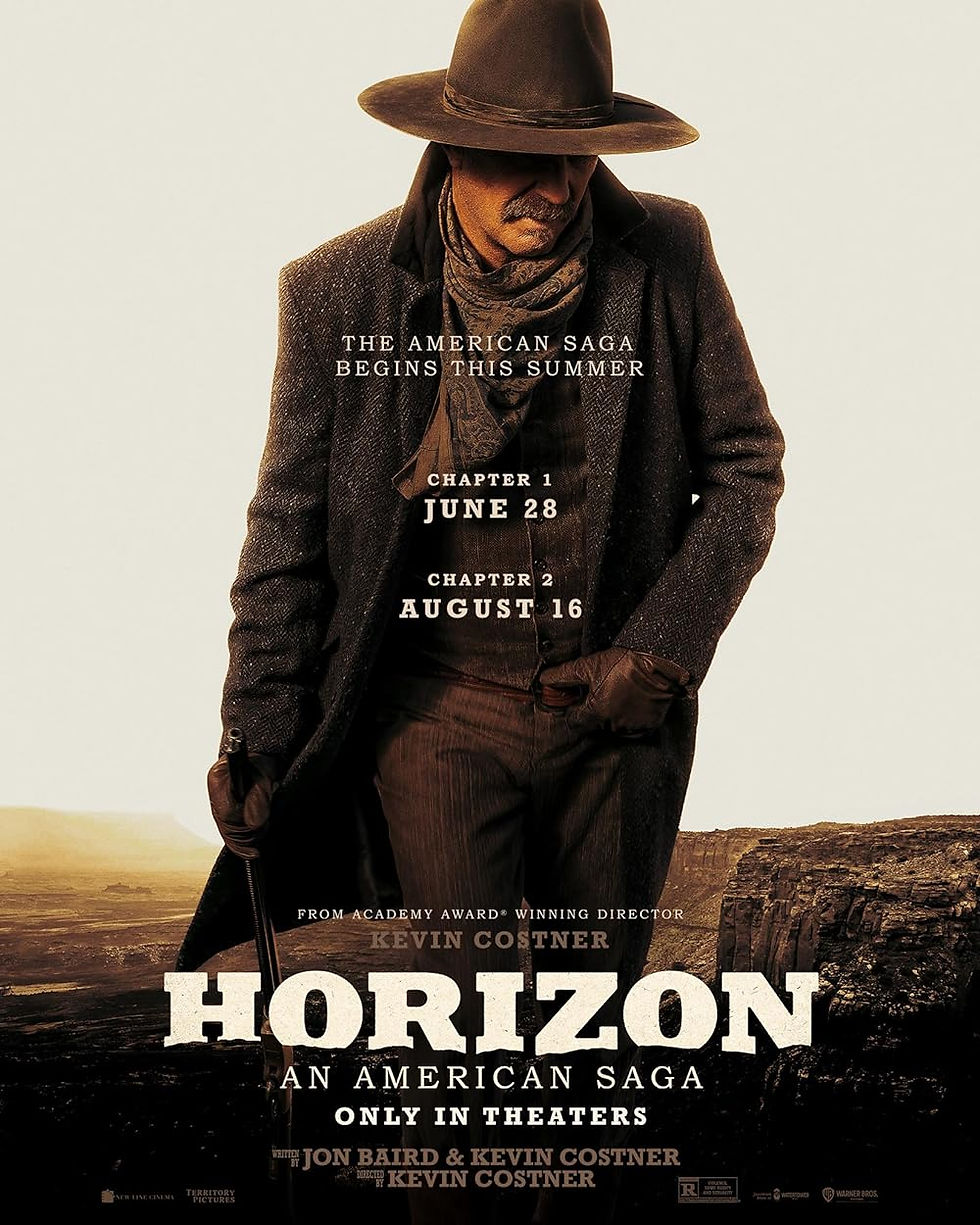The Brutalist (2025)
- Christian Keane
- Feb 7, 2025
- 4 min read
Updated: Sep 7, 2025
A near four-hour film spanning over thirty years, reviving the format of Vistavision, and starring Oscar winner Adrian Brody as a holocaust survivor (again), sounds epic in every sense of the word. Brady Corbet's astonishingly ambitious third feature film is deservedly up for every award going during this year's season, and few (sensible) individuals would bet against it winning big.
Having said that, the Academy's track record is so abysmal, we may find ourselves watching Emilia Perez (2024) walk off with most of them by the end of March.
Starting in 1947, we follow the story of renowned architect (in Europe at least) László Tóth (Brody) as he arrives in the US having not long left Buchenwald concentration camp, without his wife and niece who he has been forced to leave behind.
He initially stays with his cousin, before eventually being offered a commission by Guy Pearce's Harrison Lee Van Buren, a wealthy industrialist who initially becomes László's ticket to some sort of freedom, and a path back into the architectural world that he's clearly at home in.
There are obvious parallels with the toxic power structures explored in Paul Thomas Anderson's There Will Be Blood (2007) and The Master (2012) on display; Pearce's Van Buren offers shades of Philip Seymour Hoffman's Lancaster Dodd in the latter (and potentially by association L. Ron Hubbard). Indeed the loose comparison with Hubbard isn't altogether slight- Van Buren's vision for a monumental structure to commemorate his late mother at times implies the same sort of tyrannical assertion that Hubbard had on his followers; László hasn't much of a choice but to follow through with his own vision of the project even when costs spiral and disaster follows disaster.
Pearce is fantastic- he usually is of course, but he's not on our screens as much as we'd all like. In a truly brilliant sequence early on, he tells László his life story, and one is struck by the bizarre similarities the character shares with J. Edgar Hoover; certainly as portrayed by Leonardo Di Caprio in Clint Eastwood's inferior J. Edgar (2011), which for the record, I predictably really like.
Brady's sweeping vistas and sprawling innovation are cemented in our minds by the performance of Brody. He's one of the finest actors of recent times, and this is probably his best performance since he won the Oscar for The Pianist (2002). One would hope that he would claim that gong once again this year, although Timothée Chalamet might sadly have his number for A Complete Unknown (2025), a film I really like- but one that doesn't come close to the heights of The Brutalist.
It's easy to lavish praise on a film that is so innovative and pass over any discrepancies (Birdman [2014, and The Revenant [2015] would be fair examples for Oscar winning films that achieved this) but The Brutalist delivers on nearly every count. It's a far superior piece of work to both the two I've just mentioned, anchored by some truly mind blowing performances. The Brutalist is very much a three hander though; Pearce and Brody are joined in the film's second part by Felicity Jones as László wife Erzsébet, in a career best performance.
Confined to a wheelchair for most of her screen time, Jones is central in what becomes an extremely testing relationship between László and Harrison and carries the emotional heft of the film for the second half.
The Brutalist isn't perfect. The screenplay lingers on aspects and drives willfully and swiftly through others; but perhaps this is partially the point- it is often the job of an architect to become their own creation in the process, and whilst László is slowly engulfed and consumed by his work, he's frequently oblivious to the trials and tribulations of his family as a result of his own talent.
Daniel Blumberg's outstanding score encompasses the wayward directions of both the plot and the stunning cinematography (most notably in a sequence in which László and Harrison travel to Carrara to purchase marble), offering László's constant struggle against his own history and his uncertain future a thread of persistent hope against the odds.
Another impressive element of The Brutalist is that it constantly feels like we're watching an adaptation of a true story, when in fact this is very much an original screenplay by Corbet and his co-screenwriter Mona Fastvold. If you boil it down to its absolute bare bones, it could be argued that The Brutalist is another film about the American dream from the point of view of an immigrant, and by doing so the film invites comparisons with another true giant (in both scale and scope); Sergio Leone's Once Upon a Time in America (1984). Leone's film has stood the test of time, an epic, sweeping tale of Jewish immigrants who turn to crime as their only escape from poverty.
Here, Corbet's staggering ambition aims just as high, and while only time will tell how history views The Brutalist in the future, for the time being this is not just a throwback to proper old school film making (especially at a time when AI is set to wreak havoc on the industry); it's an astonishing feat of modern cinema. 8.4/10







Comments